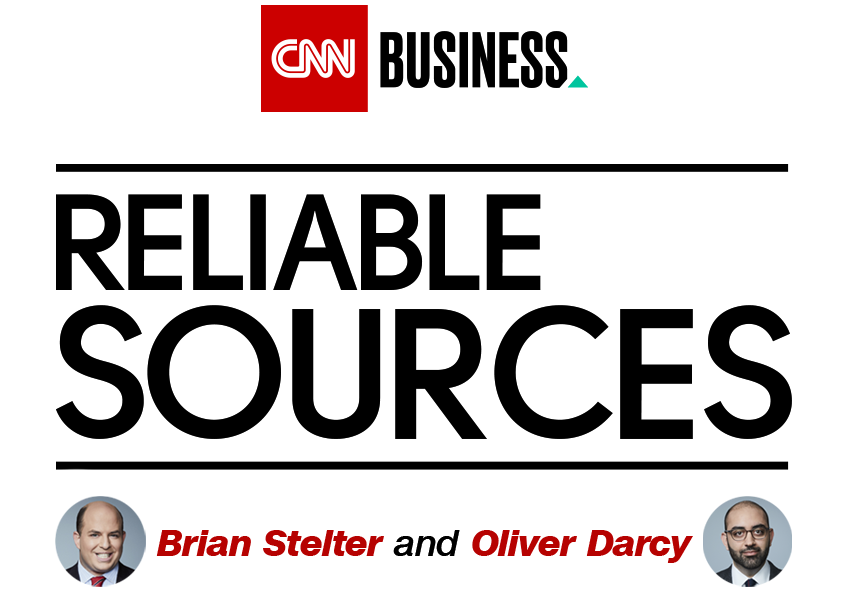Three reforms Manchin and Sinema might consider

Democrats won both Georgia Senate seats in January’s runoffs, giving them control of both houses of Congress and the White House for the first time in a decade. But their ability to advance legislation — from raising the federal minimum wage to democracy reforms in the John Lewis Voting Rights Advancement Act — can be thwarted by the Senate’s 60-vote supermajority filibuster rule.
Progressives’ anger at Minority Leader Mitch McConnell (R-Ky.) and his caucus, who use the filibuster to block every initiative they can, is nearly matched by their frustration with Democratic Sens. Joe Manchin III (W. Va.) and Kyrsten Sinema (Ariz.), whose opposition to getting rid of the filibuster means Democrats are stuck with it, since they’d need all 50 votes in their caucus, plus Vice President Harris as a tiebreaker, to do it. Last month, the progressive No Excuses PAC, whose leaders helped elect Rep. Alexandria Ocasio-Cortez (N.Y.) in 2018, said Manchin and Sinema “stand in the way of progress” by abetting Republican efforts “to shrink their own party’s pandemic relief, climate, and economic investment plans.” The political action committee has talked up primary challenges to both of them to show “‘how angry Democratic primary voters are going to be’ if they continue to support the filibuster.”
Manchin hasn’t budged, though. Monday, when asked if he’d reconsider his stance on eliminating the filibuster, he shot back: “Jesus Christ, what don’t you understand about ‘never’?”
Democrats are right to see the urgency: Republican state lawmakers around the country are moving to enact voter suppression measures that will, if passed, put the slender Democratic majorities in the Senate and House of Representatives in jeopardy in 2022 and beyond. Without democracy reform, and with the Supreme Court’s recent assaults on the Voting Rights Act, sticking with the filibuster could make it nearly impossible for the Biden administration to pursue its agenda.
But Democrats should proceed with caution: In 2001, I warned that if Republicans harangued Sen. Jim Jeffords (Vt.) over his apostasy on their party’s policy priorities, they would regret it. He would switch parties and, in a 50-50 Senate, shift the Senate majority. The next month, it happened. The same concern now applies to Democrats with Manchin. Push too far, and the result could be Majority Leader McConnell, foreclosing Democrats’ avenue to pursue infrastructure, tax reform and health reform legislation.
So, what can Democrats do?
For a West Virginia Democrat, heavy criticism from key members of his own party, up to and including President Biden, might wind up working to Manchin’s advantage. That was true of an earlier apostate, Sen. Richard C. Shelby (Ala.), who’s been reelected several times after switching from Democrat to Republican in 1994, after butting heads with President Bill Clinton.
Instead of naming and shaming them, Democrats might consider looking at what Manchin and Sinema like about the filibuster. Sinema recently said, “Retaining the legislative filibuster is not meant to impede the things we want to get done. Rather, it’s meant to protect what the Senate was designed to be. I believe the Senate has a responsibility to put politics aside and fully consider, debate, and reach compromise on legislative issues that will affect all Americans.” Last year, Manchin said, “The minority should have input — that’s the whole purpose for the Senate. If you basically do away with the filibuster altogether for legislation, you won’t have the Senate. You’re a glorified House. And I will not do that.”
If you take their views at face value, the goal is to preserve some rights for the Senate minority, with the aim of fostering compromise. The key, then, is to find ways not to eliminate the filibuster on legislation but to reform it to fit that vision. Here are some options:
Make the minority do the work. Currently, it takes 60 senators to reach cloture — to end debate and move to a vote on final passage of a bill. The burden is on the majority, a consequence of filibuster reform in 1975, which moved the standard from two-thirds of senators present and voting to three-fifths of the entire Senate. Before that change, if the Senate went around-the-clock, filibustering senators would have to be present in force. If, for example, only 75 senators showed up for a cloture vote, 50 of them could invoke cloture and move to a final vote. After the reform, only a few senators in the minority needed to be present to a request for unanimous consent and to keep the majority from closing debate by forcing a quorum call. The around-the-clock approach riveted the public, putting a genuine spotlight on the issues. Without it, the minority’s delaying tactics go largely unnoticed, with little or no penalty for obstruction, and no requirement actually to debate the issue.
One way to restore the filibuster’s original intent would be requiring at least two-fifths of the full Senate, or 40 senators, to keep debating instead requiring 60 to end debate. The burden would fall to the minority, who’d have to be prepared for several votes, potentially over several days and nights, including weekends and all-night sessions, and if only once they couldn’t muster 40 — the equivalent of cloture — debate would end, making way for a vote on final passage of the bill in question.
Go back to the “present and voting” standard. A shift to three-fifths of the Senate “present and voting” would similarly require the minority to keep most of its members around the Senate when in session. If, for example, the issue in question were voting rights, a Senate deliberating on the floor, 24 hours a day for several days, would put a sharp spotlight on the issue, forcing Republicans to publicly justify opposition to legislation aimed at protecting the voting rights of minorities. Weekend Senate sessions would cause Republicans up for reelection in 2022 to remain in Washington instead of freeing them to go home to campaign. In a three-fifths present and voting scenario, if only 80 senators showed up, only 48 votes would be needed to get to cloture. Add to that a requirement that at all times, a member of the minority party would have to be on the floor, actually debating, and the burden would be even greater, while delivering what Manchin and Sinema say they want — more debate.
Narrow the supermajority requirement. Another option would be to follow in the direction of the 1975 reform, which reduced two-thirds (67 out of a full 100) to three-fifths (60 out of 100), and further reduce the threshold to 55 senators — still a supermajority requirement, but a slimmer one. Democrats might have some ability to get five Republicans to support their desired outcomes on issues such as voting rights, universal background checks for gun purchases or a path to citizenship for Dreamers. A reduction to 55, if coupled with a present-and-voting standard would establish even more balance between majority and minority.
In a 50-50 Senate, and with the GOP strategy clearly being united opposition to almost all Democratic priorities, Biden and Majority Leader Charles E. Schumer (N.Y.) need the support of Manchin and Sinema on a daily basis. They won’t be persuaded by pressure campaigns from progressive groups or from members of Congress. But they might consider reforms that weaken the power of filibusters and give Democrats more leverage to enact their policies, without pursuing the dead end of abolishing the rule altogether.





You must be logged in to post a comment.